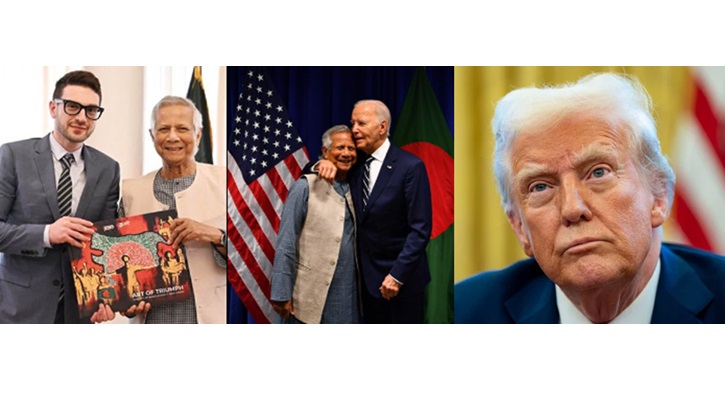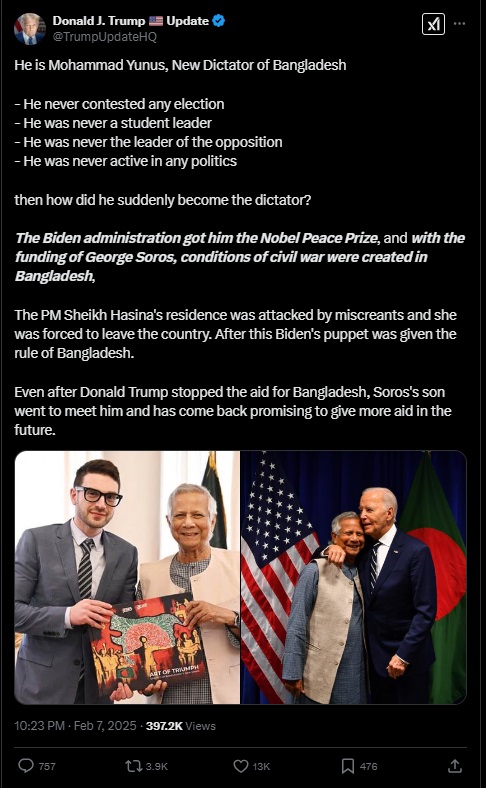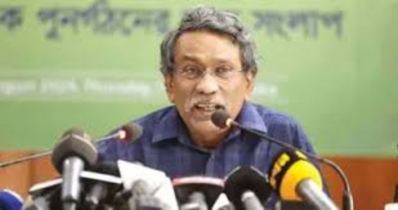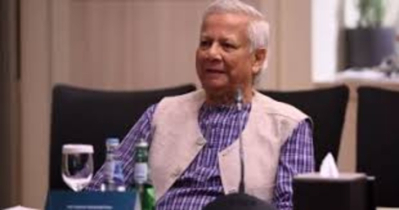
Photo Collected
A recent social media post from former U.S. President Donald J. Trump has ignited controversy over the rise of Mohammad Yunus, a prominent Bangladeshi social entrepreneur, to what Trump refers to as the 'new dictator' of Bangladesh. The claims, made through Trump's official X (formerly Twitter) account, have sparked debates about the legitimacy of Yunus's political influence and the role of foreign powers in Bangladesh's political upheaval.
Yunus, known for founding the Grameen Bank and pioneering microcredit lending, has long been a figure of global prominence. However, Trump's post casts a shadow over Yunus's current political position, questioning how someone with no prior political experience could suddenly assume significant power in the country.
The former U.S. president's statement includes an assertion that Yunus, who has never contested elections or held any prominent political roles in Bangladesh, found his way to leadership due to foreign intervention. Trump goes on to suggest that the Biden administration played a crucial role in securing Yunus the Nobel Peace Prize, while financier George Soros allegedly contributed funding that fueled the political unrest leading to the downfall of Bangladesh’s Prime Minister Sheikh Hasina.
 According to Trump's claims, attacks on the residence of Prime Minister Hasina forced her to leave the country, creating a power vacuum into which Yunus stepped. The post also draws attention to the involvement of Soros, who Trump suggests continued his support of Yunus even after U.S. aid to Bangladesh was halted during Trump's presidency.
According to Trump's claims, attacks on the residence of Prime Minister Hasina forced her to leave the country, creating a power vacuum into which Yunus stepped. The post also draws attention to the involvement of Soros, who Trump suggests continued his support of Yunus even after U.S. aid to Bangladesh was halted during Trump's presidency.
This set of allegations paints a picture of a politically manipulated environment in Bangladesh, with foreign powers accused of orchestrating the country's instability for their own strategic interests.
While these claims have stirred a significant amount of debate, they remain largely unverified and controversial, leaving many to question the true nature of Yunus's rise and the international forces at play behind it.
U

.png)







